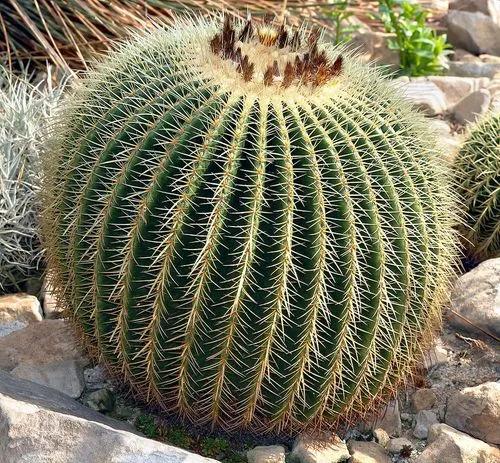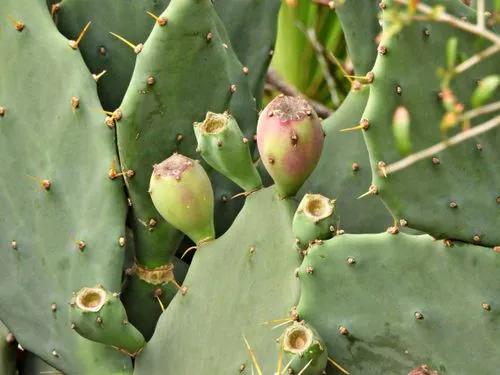Pachycereus pringlei, also known as Mexican giant cardon or elephant cactus, is a species of cactus native to northwestern Mexico in the states of Baja California, Baja California Sur, and Sonora. It is commonly known as cardón.
Elephant cactus Care
Pachycereus pringlei



The Cardon cactus – Pachycereus Pringlei is a flowering cactus belonging to the Cactaceae family. It’s the tallest cactus in the world and native to Northwestern Mexico in the states of Baja California, Baja California Sur, Sonoran Desert of Sonora, and Southern Arizona. It’s part of the columnar cacti family from the Sonoran Desert which includes the saguaro (Carnegiea gigantea). Many of these cacti grow to a much more manageable size and are often cultivated in the American Southwest and in areas like San Diego, CA. It’s popular as a houseplant due to its easy-to-care-for nature and unique appearance.
How to Care for the Plant

Water

This is a drought tolerant plant with low watering requirements. You should water it moderately until it’s well established. After that, this plant can survive on much less water. Refrain from overwatering your plant as too much water can cause irreversible damage.

Fertilizer

Elephant cactus does not have a great need for fertilizer. However, feed it with a cactus fertilizer from time to time if you feel like your plant needs a boost.

Sunlight

Because these plants grow best in desert conditions, make sure they get enough sun and heat. When growing them indoors, place them next to a window that gets plenty of bright light. If planting outside in full sun be sure to make the transition slowly, so your plant gets time to acclimatize to the sunlight. Younger plants should be grown in filtered light, move them outside once they are matured.

Soil

This giant cactus can grow even in the absence of soil. Its unique symbiotic relationship with bacteria means it can gain nutrients from the rocks and carry them on to the plants. As such, soil may not be necessary to grow your elephant cactus. However, if you want to use soil, any well-draining cactus potting soil will do.

Temperature

The ideal temperature for Elephant cactus is above 32°F (0°C).

Container

Choose any type of container with enough drainage holes. The plant needs to be repotted. If you never repot your plant, it may stop growing. It’s best to repot every 3 – 4 years, right at the end of winter.

Popularity

582 people already have this plant 88 people have added this plant to their wishlists
Discover more plants with the list below
Popular articles






